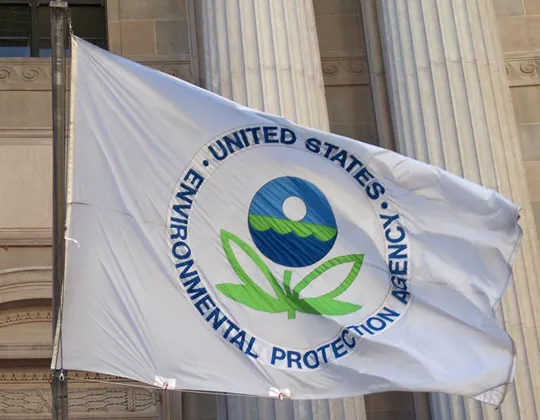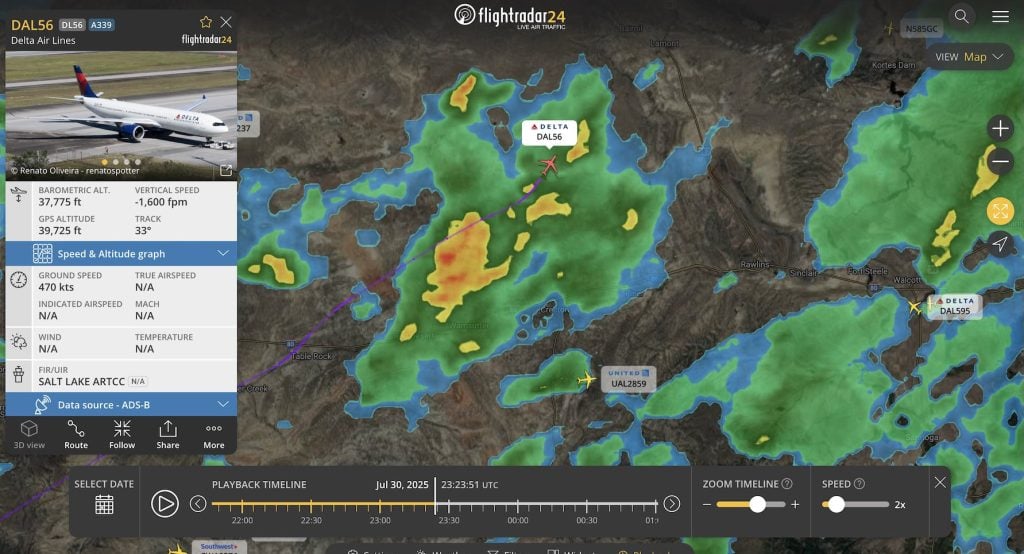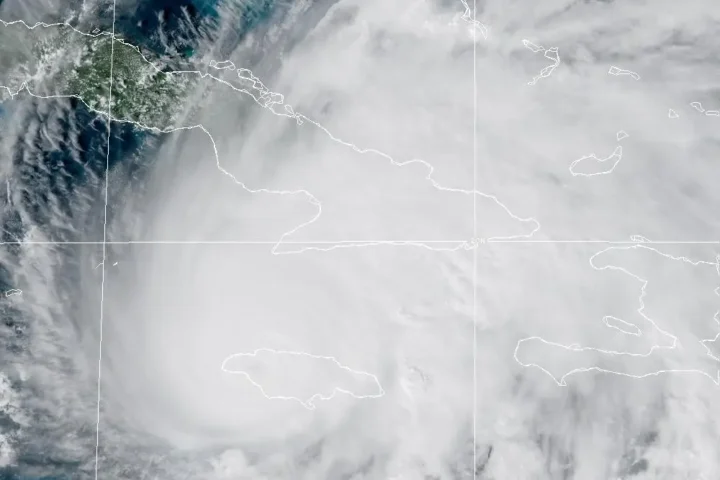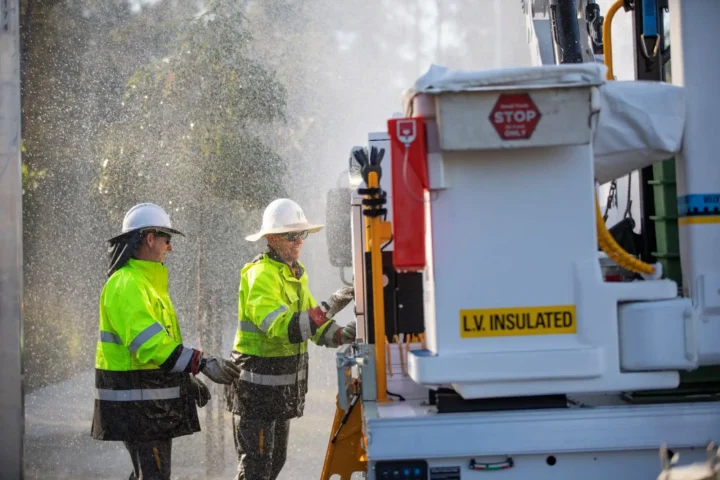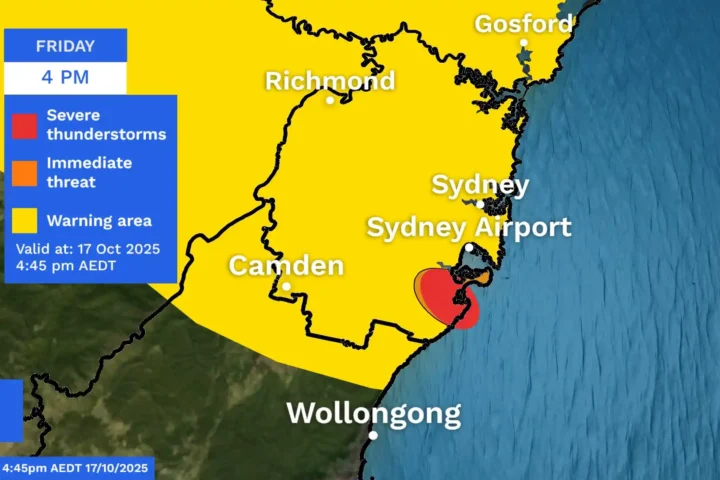The July sun beat down on an Indiana auto dealership as EPA Administrator Lee Zeldin announced what could become the most sweeping environmental policy reversal in recent memory. With a stroke of bureaucratic pen, the Trump administration aims to erase the 2009 legal finding that allowed Washington to regulate greenhouse gases in the first place.
“Many stakeholders have told me that the Obama and Biden EPAs twisted the law, ignored precedent, and warped science to achieve their preferred ends and stick American families with hundreds of billions of dollars in hidden taxes every single year,” Zeldin told the crowd in Indianapolis on July 29, flanked by Energy Secretary Chris Wright and Indiana Governor Mike Braun.
The proposal targets the so-called “Endangerment Finding” – the technical determination that greenhouse gases threaten public health and welfare. Without this finding, the EPA lacks authority to limit carbon emissions from new motor vehicles under Clean Air Act Section 202(a); its removal would also indirectly weaken, but not automatically repeal, power-plant CO₂ rules which operate under different sections of the law.
For everyday car buyers, this could mean returning to a marketplace without federal electric vehicle mandates or efficiency standards. For businesses, EPA projects annual savings of $54 billion by eliminating regulations that critics called hidden taxes.
“We heard loud and clear the concern that EPA’s GHG emissions standards themselves, not carbon dioxide which the Finding never assessed independently, was the real threat to Americans’ livelihoods,” Zeldin stated.
The move would nix all greenhouse gas standards for vehicles dating back to 2010 – including features like automatic start-stop systems that many drivers find annoying but were designed to save fuel.
From Courtroom to Regulation and Back
The story begins with a George W. Bush-era Supreme Court case, Massachusetts v. EPA (2007), which ruled greenhouse gases qualified as pollutants under the Clean Air Act. The Obama administration used this ruling to issue the Endangerment Finding in 2009, creating the legal foundation for climate regulations.
Now, EPA argues several recent Supreme Court decisions – including West Virginia v. EPA and Loper Bright Enterprises v. Raimondo – have narrowed agency authority. The administration contends major climate policy should come from Congress, not agencies.
“Thanks to President Trump’s leadership, America is returning to free and open dialogue around climate and energy policy – driving the focus back to following the data,” Energy Secretary Chris Wright said at the announcement.
State Battlegrounds Emerging
While the federal government changes course, states like California aren’t waiting. Though not mentioned in EPA’s release, California officials have already signaled they’ll defend their own vehicle emissions standards.
This sets up potential conflicts between federal deregulation and state climate policies – a tension that could create patchwork rules across the country, complicating manufacturing decisions for automakers who build for a national market.
More Posts
Economic Claims and Scientific Disputes
The administration’s case rests partly on disputed economic figures – claiming the proposal would save Americans $54 billion annually and undo over $1 trillion in regulations. Small Business Administration head Kelly Loeffler put small business savings at $170 billion.
“EPA’s reconsideration of the endangerment finding will eliminate burdensome regulations and save small businesses at least $170 billion,” she stated.
EPA also cites a newly released Department of Energy “2025 Climate Work Group” study challenging prior scientific assumptions about greenhouse gas impacts – though this report itself will undergo public comment.
Left unaddressed are effects on power plant regulations that could face legal uncertainty but operate under different statutory authorities, health statistics from CDC regarding climate-related illness, or impacts on manufacturing facilities already built for clean energy production.
Industry Voices Support
The trucking industry offered enthusiastic backing. “We commend President Trump and EPA Administrator Zeldin for taking decisive action to rescind the disastrous GHG Phase 3 rule,” said American Trucking Association President Chris Spear. “This electric-truck mandate put the trucking industry on a path to economic ruin.”
Indiana officials echoed support. “Today’s announcement is a win for consumer choice, common sense, and American energy independence,” Governor Braun declared.
Public Input Period Ahead
Before any final decision, EPA will open a public comment period. Details will appear in the Federal Register and on the agency website.
The proposal follows a March 2025 announcement where the administration launched what it called “the greatest and most consequential day of deregulation in the history of the United States.”
As NOAA confirms 2024 was the warmest year on record, at +1.29°C above the 20th-century average, this regulatory reversal sets up one of the most consequential environmental policy debates of the decade.EPA has established a dedicated website for those seeking more information about the Endangerment Finding reconsideration process.
